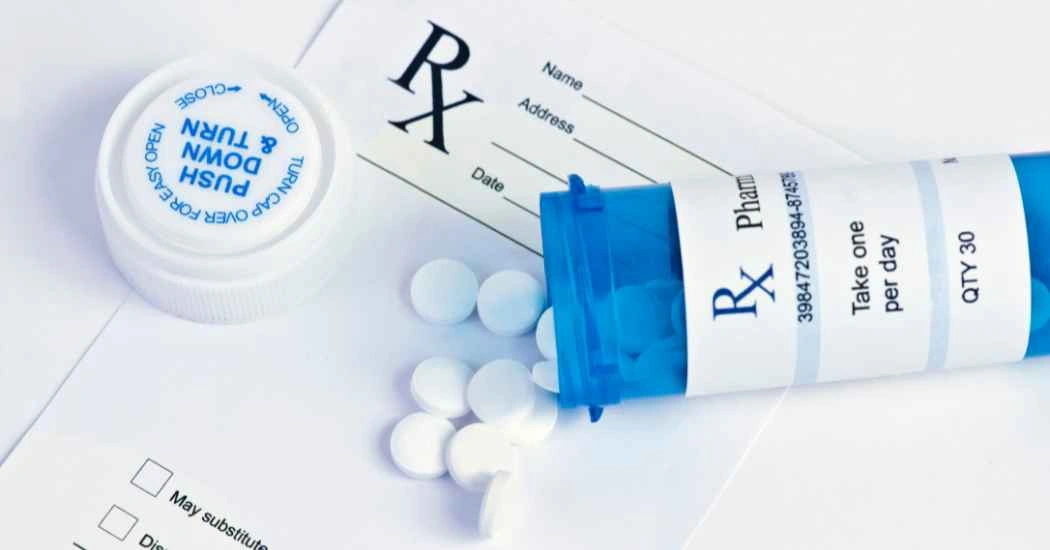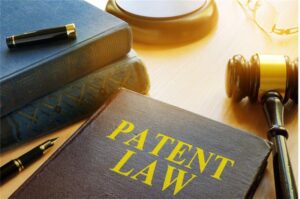In the medical and technological industries, patent infringement may majorly affect finances, development, and accessibility of life-saving medical equipment. One instance is a recent Boston Scientific lawsuit.
In this instance, Boston Scientific was fined heavily, $42 million, after being found guilty of violating TissueGen’s patented biodegradable drug-releasing implant technology.
This decision emphasizes the need to protect intellectual property (IP) in the medical sector. For further advice on the article “How to Avoid Patent Infringement,” see our official page at Am Badar & Am Badar.
Understanding Biodegradable Drug Releasing Implants (IDOB) and Their Patents
The Boston Scientific lawsuit centers on the patent of biodegradable drug-releasing implants (IDOB).
IDOB marks a breakthrough in medical technology, especially in treating disorders like coronary artery disease. These implants release therapeutic chemicals that are meant to progressively biodegrade after reaching a particular region in the body.
This technique makes Controlled medication release possible by improving patient outcomes by lowering side effects and negating the need for long-term implants.
Now, let’s discuss the Boston Scientific lawsuit in more detail. Developed by University of Texas professor Dr. Kevin Nelson, the invention at the core of this lawsuit is recorded in U.S. Patent No. 6,596,296. It describes a biodegradable drug-releasing fiber implant technique.
Thanks to this development, drugs may be released under control from biodegradable fibers buried in a vascular stent. Nelson started the medical device business TissueGen, which acquired an exclusive license for this invention in 2003.
Boston Scientific was found guilty of patent infringement when the company’s SYNERGY™ stent system, approved by the U.S. FDA in 2015, was said to have broken this patent.
Using a bioabsorbable polymer that delivers medications over three months and is subsequently absorbed into the body, the SYNERGY™ technology by Boston Scientific leaves no permanent implant.
However, although inventive, a Delaware jury determined that this design violated TissueGen’s patented technology.
Boston Scientific claimed its product did not violate the particular patent, especially the “biodegradable polymer fiber” feature. However, the court decided differently, resulting in a substantial verdict.
Following a five-year legal fight, a jury decided in response to this Boston Scientific lawsuit that the company had knowingly violated TissueGen’s patent. As a result, Boston was compelled to pay $42 million in lost royalties.
Impact of Patent Infringement on the Medical Industry and Legal Considerations
The legal conflict between TissueGen and Boston Scientific is one of the best illustrations of how patent infringement affects the medical sector. As we said, TissueGen claimed Boston Scientific violated its IDOB patent in this instance.
This litigation reveals how costly patent infringement lawsuits can be in terms of legal expenses and possible penalties granted, particularly for businesses proven guilty.
Thus, in terms of the effects and legal considerations on the medical sector, the TissueGen VS Boston Scientific lawsuit case offers us the following lessons:
1. Economic and Innovation Impact
Cases involving patent infringement in the medical sector have a tremendous financial effect. For instance, this lawsuit’s $42 million fine is very large.
Such situations, like this Boston Scientific lawsuit, limit innovation and result in large financial fines. Medical firms invest millions in research and development to produce innovative technology.
Should rivals violate patents, the original creators might find it difficult to recover their investments, limiting further innovation.
This discouragement could impede the creation of new medications or technologies meant to enhance the quality of life in general. Furthermore, smaller businesses or startups, which typically lead the way in medical advancements, are particularly susceptible.
If bigger companies violate their patents, these smaller businesses may not have the means to engage in protracted legal fights, either being driven off the market or into disadvantageous settlements.
2. Implications for Patient
Like this Boston Scientific lawsuit, one of the most important issues about patent infringement in the medical sector is how it influences patient access to vital medications.
Although meant to encourage innovation, medical patents may sometimes result in more expensive new treatments and technology as businesses try to maximize their earnings during the exclusivity term.
This has begged ethical questions about fostering innovation while ensuring patients, especially in low-income areas, have access to life-saving therapies.
Long-running legal battles resulting from patent infringement claims often delay the launch of reasonably priced generic substitutes for costly proprietary medications.
Thus, patients depending on less expensive forms of these drugs may find these delays harmful. For instance, the cost of certain treatments might stay shockingly high for years when generic drug producers cannot join the market.
3. Legal Considerations and Patent Protection Strategies
Protecting intellectual property is a difficult legal issue for medical sector businesses. Ensuring correct patent enforcement requires knowledge of national and international patent rules.
In the United States, patents are granted by the United States Patent and Trademark Office (USPTO), and federal courts generally handle infringement claims.
So, ensuring the innovation satisfies the criteria for patentability, including novelty, non-observance, and utility, is among the most crucial legal issues. Ignoring these standards can cause the patent to be revoked.
Cross-licensing is another legal tactic businesses use. Under this arrangement, two or more businesses share patents without paying fees. Therefore, they enable each other to keep R&D initiatives free from legal conflict risk.
Clear IP ownership is also vital for forming joint ventures or alliances. Manufacturers of medical devices should set patent rights immediately to prevent ownership conflicts.
This means licensing agreements should specify exactly who owns the rights to the technology and how gains will be distributed.
Therefore, medical firms must be alert about protecting their inventions, conducting extensive patent searches, and defending the legal rights to their technology to avoid problems like this TissueGen vs. Boston Scientific lawsuit.
You can do all these patent works by partnering with a reputable IP law firm like us, Am Badar & Am Badar. We provide various services to help you safeguard your inventions, especially with our Patent Dispute Service. Just contact us for further inquiries.
In addition to the U.S., if you want to learn more about patent infringement cases in Indonesia, we recommend reading our article on Addressing Patent Infringement in Indonesia. You can also read more articles on our insight page.
Explore a recent Boston Scientific lawsuit, where the company was found guilty of infringing TissueGen’s patent on biodegradable drug-releasing implants!






